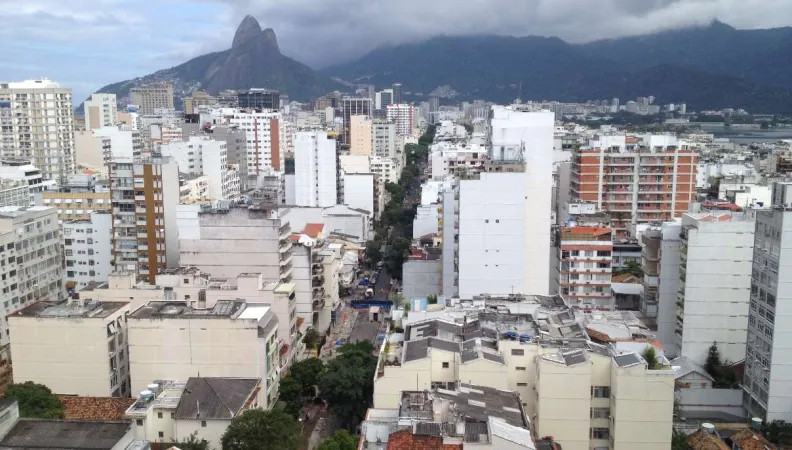Share the page
Extending public transport provision in Rio de Janeiro
Project


-
Project start date
-
Status
Completed
-
Project end date
-
-
Project duration
-
25 years
-
AFD financing amount
-
US$ 394500000
-
Country and region
-
Location
-
Rio de Janeiro
-
Type of financing
-
Beneficiaries
-
State of Rio de Janeiro
AFD supported the urban mobility policy of the State of Rio de Janeiro between 2012 and 2015. This partnership helped to extend the city’s public transport provision and to consolidate the integrated “single ticket” fare system.
Context
The city of Rio de Janeiro has experienced impressive urbanization, which has been very rapid since the 1950s, and is today underequipped in terms of urban public transport. The use of private cars saturates traffic routes and increases greenhouse gas emissions. In addition, the current transport system lacks the capacity to support economic growth and reduce social inequalities.
To address these challenges, the State of Rio de Janeiro has developed an ambitious urban mobility policy since 2007, which is set out in the Urban Transport Master Plan. The sports events of the Football World Cup in 2014 and Olympic Games in 2016 provided an opportunity to fast track this policy. It comprises support for transport demand through an integrated fare system, a major investment effort for public transport infrastructure, and the implementation of a metropolitan governance. AFD is assisting the State in the implementation of this strategy. This is fully in line with the mandate entrusted to it in Brazil by the French Government, in particular in the field of green and inclusive growth.
Description
In order to meet the challenges brought about by the city’s growth, the State of Rio de Janeiro aimed to update planning tools and to develop a metropolitan governance. AFD supported this initiative, which was combined with an increase in public transport provision: extension of the metro network via the construction of new lines, upgrading of suburban trains and river transport to cross the bay.
Another driving force was the fare integration policy introduced in 2010: now a “single ticket” allows users to take two types of public transport for one journey, with at least one being intermunicipal. AFD’s support was combined with a technical partnership with the urban planning agency and Île-de-France transport authority, in order to share and promote the french expertise in sustainable mobility and urban development planning.
Impacts
- The upgrading of transport infrastructure is of crucial importance for major events such as the 2016 Olympic Games. In the long term, it is essential to have an efficient public transport system in order to support economic growth, while reducing the fragmentation of the urban environment and social inequalities.
- The single ticket (over 860 million journeys since 2010) already allows a 37% saving on the sum of individual fares, which facilitates access to the labor market for residents of the most disadvantaged suburban areas.
- The use of public transport and soft modes of transport reduces the negative impacts on the local environment (particle emissions, noise) and global environment (greenhouse gases).


